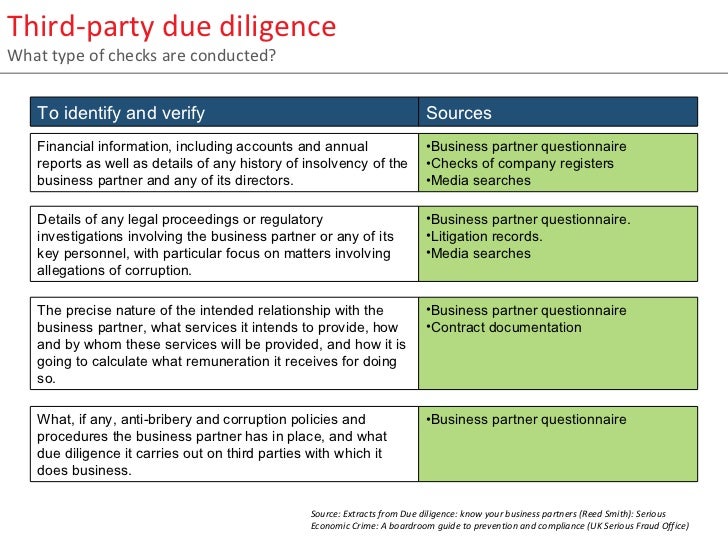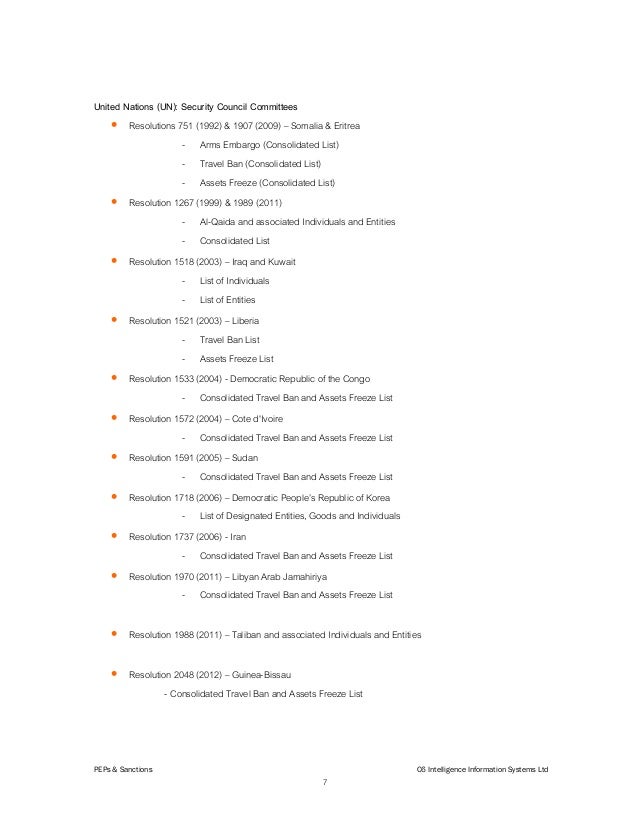Every year, record-breaking corporate penalties are issued to Reporting Entities for failure to comply with Anti-Money Laundering and Counter-Terrorism Financing (AML/CTF) obligations. Aside from the legal implications and reputational damage, non-compliance can result in hefty fines and lengthy prison terms.
Screen for PEPs to help identify potential money laundering or bribery
According to AUSTRAC, Politically Exposed Persons (PEPs) are individuals who occupy a prominent public position or function in a government body or international organisation, both within and outside Australia. This definition also extends to their immediate family members and close associates.

This definition also extends to their immediate family members and close associates. An individual is still deemed to be ‘politically exposed’ even if they have left a political position or severed a relationship with another PEP. Recently, when running an OFAC check before cashing a check for a non-customer, a person's name hit as a PEP. Reviewing the OFAC list before cashing an on-us check has nominal compliance value and should be supported by evidence that the institution is 'high risk' for an OFAC violation. FinScan ® Stay up-to-date. Stay in compliance. FinScan offers a variety of watch lists and exclusion lists. To allow organizations to accurately match their customer databases against watch lists, FinScan rigorously maintains the compliance lists we manage by continuously monitoring list sources for additions and revisions, promptly updating lists with the latest changes, and parsing.
An individual is still deemed to be ‘politically exposed’ even if they have left a political position or severed a relationship with another PEP. It is up to each organisation to take a risk-based approach to determine their definition of persons who are politically exposed, including those that no longer hold political positions or are related to persons with political status.
While there is no law against conducting business with PEPs, it’s essential to manage the risk they represent. The premise behind identifying PEPs, and their relatives and associates, is to understand how their position and influence may increase their susceptibility to bribery or corruption, as well as activity related to terrorism financing. From here, your organisation can determine their level of risk, and hence apply the appropriate level of due diligence.
Identify sanctioned entities
Sanctions are measures imposed by the Australian Government and the United Nations Security Council (UNSC) in situations of international concern. They restrict activities relating to particular countries, goods and services, persons and entities.[i]
Australian businesses must ensure that they do not breach Australia’s sanctions programs and sanctions law by screening their customers and partner entities to determine whether they have been sanctioned. Once identified, the business must cease to provide the sanctioned good or service to the person or entity, then report their findings to the governing body, Department of Foreign Affairs and Trade (DFAT). Failure to do so is a serious criminal offence which may result in substantial fines and/or even imprisonment for up to 10 years.[ii]
In rare circumstances, sanctions permits may be granted to authorise activity that would otherwise violate the sanction law.
Effective screening beyond onboarding
Many Reporting Entities understand their customer due diligence requirements at the point of onboarding but lack sufficient processes and procedures for ongoing customer due diligence (OCDD). In the absence of effective OCDD procedures, Reporting Entities may be unaware if an existing customer becomes a PEP or becomes sanctioned during the relationship and will expose themselves to significant risk.
Regulators expect businesses, particularly Reporting Entities to take reasonable measures to verify the identity of their customers and identify whether they are politically exposed or sanctioned continuously. It is an AML/CTF requirement that “a Reporting Entity must have procedures to identify whether any individual customer or beneficial owner is a PEP or an associate of a PEP.”
Similarly, OCDD is considered central to an adequate AML/CTF regime. The AUSTRAC compliance guide states that regular and ongoing screening of all customers is expected, particularly those that are politically exposed:

Ofac Sanctions Definition
“A Reporting Entity's ongoing customer due diligence procedures should consider whether any of its existing customers have become PEPs since they originally became a customer.”
“Effective due diligence and risk assessment procedures put in place by Reporting Entities not only identify persons who are PEPs, but will also assist Reporting Entities to detect any suspicious transactions or customer behaviour related to money laundering and related predicate offences.”
To manage these customer monitoring obligations, access to accurate, reliable and up-to-date data is crucial. As the PEP and sanction lists are updated continuously, it’s necessary to use the latest regulatory list versions and PEP information to ensure your business is protected.
Managing PEPs and sanctioned entities
As soon as you identify a PEP or sanction, take immediate action.
If your customer or partner is on a sanctions list, cease any provision of good or services to them and report your findings to DFAT. Trading directly or indirectly with an individual or entity on a sanctions list is illegal and of considerable risk for businesses of all sizes.
When dealing with PEPs, the Financial Action Task Force recommends you take a risk-based approach to each phase of the process. An internal risk assessment, for example, will help you define what does and doesn’t constitute ‘politically exposed’ according to your company policies and risk appetite.
From there, determining the level of risk posed by a PEP will help to ascertain the level of enhanced due diligence to be undertaken. Possible factors that may influence the proposed risk level include the seniority of the position held as a PEP, the country in which they reside and have associations with or their relationship to a PEP.
Developing an internal AML policy and processes to identify and assess risk will ensure that the appropriate controls for ongoing customer due diligence can be applied to manage risk exposures.
Get the assistance you need to manage your customer monitoring obligations with effective PEP and sanction screening. GlobalScreening by Equifax is an industry recognised solution designed to reduce your risk exposure, ensure compliance and improve operational efficiency. Powered by Accuity and locally hosted in Australia, GlobalScreening identifies entities in over 50 different risk categories worldwide to ensure you don’t just meet your compliance obligations; you exceed them. Find out more at https://www.equifax.com.au/globalscreening/ or email us.
Why Is the Definition of a Politically Exposed Person (PEP) Open To Interpretation?
A Politically Exposed Person (PEP) is an individual who is or had a prominent public function, either elected or appointed, with substantial authority over policy, operations or the use or allocation of government-owned resources. Example of PEPs includes heads of state, members of legislative bodies, government ministers, judges, high ranking members of the armed forces and senior officials of state-owned enterprises. The Fourth Directive extended the definition of PEPs to include domestic citizens, as well as foreign ones.
PEPs are higher-risk clients for institutions and financial firms to onboard, simply because they are exposed to more opportunities to accept bribes, be involved in corruption by virtue of their position and launder money.
PEPs, as well as their families and persons known to be close associates, are required to be subject to enhanced scrutiny by regulated firms. A family member of a PEP includes spouse, parents, siblings, children, and spouse’s parents or siblings. A known close associate of a PEP means an individual known to have joint beneficial ownership of a legal entity or any other close business relationship, or an individual who has sole beneficial ownership of a legal entity which was set up for the benefit of the PEP.

If a client does have a PEP status, this does not automatically signify guilt or suggest a link to money laundering activities, it simply means the appropriate due diligence and ongoing monitoring needs to be conducted.
How Do You Determine a High-Risk PEP from a Low- Risk PEP?
Due to the broad scope of who is considered a PEP, determining between a high-risk and low-risk PEPs can be difficult, particularly when you are processing transactions or checks en masse.
The general PEP definition is primarily based on the Financial Action Task Force (FATF) Guidance on Politically Exposed Persons, but there are official definitions found in the 4th and 5th MLD, amongst others.
While such definitions are valid sources to define a mandated approach to compliance, NorthRow believes they are not sufficiently detailed for its clients to verify a between a high or low risk PEP efficiently. The definitions treat all PEPs equally from a risk approach, and doesn’t go into the granular detail needed to easily differentiate between a low and high risk PEPs.
For this reason, NorthRow has a ‘PEP Tiering Guidance’ system that can serve as a framework for its to follow due diligence investigations.
While several categories must be treated with care in certain contexts, the general guidelines should cover most governance systems spanning all jurisdictions in the world.
In accordance with a risk-based approach, the categories are divided into 4 different priority levels please see below the diagram.
4 Tiers of PEPs Checks
Ofac Pep Definition Meaning
Politically Exposed Businesses and Organisations
NorthRow also checks and monitors Politically Exposed Businesses. According to the FATF Guidance on Politically Exposed Persons, the PEP could be either the account holder or the beneficial owner of an account-holding legal entity.
If a PEP is the beneficial owner or has majority control of a company or organisation, that person may be able to use the organisation in furtherance of corrupt purposes. For this reason, FATF recommends that regulated business should have appropriate risk management systems to determine whether the client or the beneficial owner (BO) is a foreign PEP, or has a relationship or business connection to a foreign PEP, along with ensuring measures to provide the source of wealth and source of funds. Similarly, for domestic PEPs and international company PEPs, financial firms are recommended to take reasonable measures to determine whether such a relationship exists and assess the degree of risk.
NorthRow approach to PEP identification and classification also maps out the relationship between PEPs and legal entities and arrangements, either directly (as director, shareholder, or similar) or indirectly (as ultimate beneficial owner), where such information is publicly known, to help establish if someone is high or low risk.
About NorthRow’a PEPs & Sanctions Solutions
NorthRow’s solution delivers the industry’s most robust AML & KYC solution to help regulated firms to automate the client onboarding journey whilst mitigating their business risk. Our single API includes one of the industries leading listings of PEPs & sanctions data, enquire now for more details.
Download NorthRow’s PEPs and Sanctions overview document to learn more.
Ofac Pep Definition Dictionary
One API to Help Developers Streamline the Client Onboarding Journey
May 21, 2019
Manual, cumbersome and drawn-out client onboarding process...
Helping A Leading Estate Agent ensure AML & Right to Rent Compliance
March 18, 2019
Estate and lettings agents are under increasing pressure to implem...
How APIs Can Transform Your Regulated Business
February 12, 2019
A growing number of regulated businesses today are now using data t...
Related Articles
